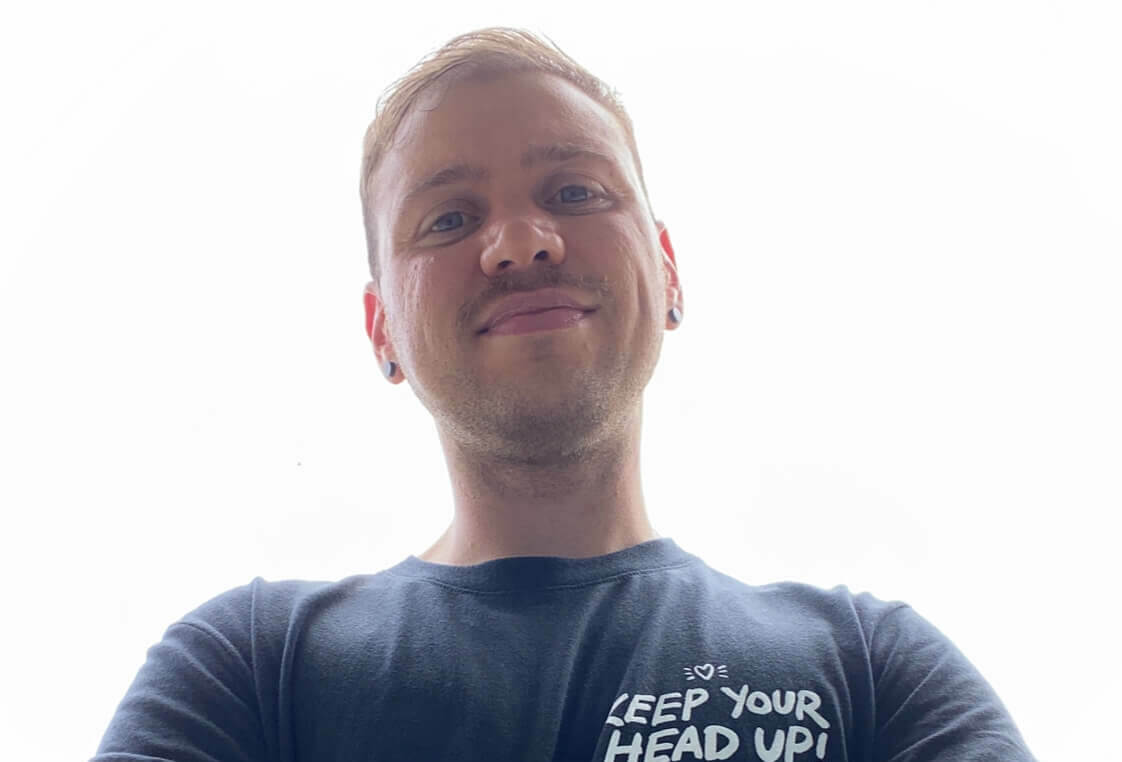Ramadan and eating disorders: lived experience advice
Over the next few days and weeks, while some families may be preparing themselves for Easter, my family along with millions of Muslim families around the world are getting ready to observe Ramadan.
As a Muslim female, I have been observing Ramadan from the ripe age of six. It was never because my parents ever forced me, but because it always excited me. I was determined to start it as soon as I could. Growing up, Ramadan was always an amazing time of year. After all, I got to connect more with my religion.
So, how exactly does Ramadan work?
The ninth month of the Islamic year, Ramadan is considered to be our holiest month and while there are constantly different variations on why we observe it, religiously it is to commemorate the revelation of the Quran to Muhammad (a prophet [peace be upon him]).
For about 30 days, from sunrise to sunset we are required to fast from food and liquids, including water. It doesn’t just stop there, though. We are also to abstain from what some might deem as sinful behaviour – that means no sex, no smoking, no cursing, and no gossiping. Yes, even gossiping.
There are exceptions to fasting – those who are elderly, ill, pregnant, breastfeeding, travelling, and even menstruating are exempt from fasting. (Yep, you read that right, those who get their periods are exempt from, but we do have to make up the days afterwards.)
I remember, as a kid, coming home from school, doing my homework, listening to my dad read the Quran and then help cooking with my mum. However, the older I got, the more anxious I became and the less exciting Ramadan became for me. Life after high school changed dramatically; I was diagnosed with anxiety, depression and began developing disordered eating habits.
By the time I was in my early twenties, my relationship with Ramadan became far more complex. I had not only developed an eating disorder, but other factors including my job at that time, who did not understand Ramadan and what it meant to me, all contributed to the loss of connection I once had with the holiest month of the year.
As my eating disorder slowly took over my life, Ramadan became the catalyst to fuel my disordered behaviours. Slowly, I started to lose touch with Ramadan and the connection it brought with my family. I alienated myself from them, refusing to enjoy sharing our meals together when we would break our fast.
Turning away the traditional foods my family would make, to opt into foods my mind had deemed “safe” – I no longer partook in Ramadan for the reasons we were meant too, but rather my eating disorder took advantage of the month, disintegrating it into what it wanted it to be – the fuel to the fire that was burning in my mind.
It’s been over two years since I initially began recovery, and while it while it hasn’t been an easy recovery, I am doing better than I was before. I won’t deny however, that the upcoming Ramadan has been weighing down in my mind – as it usually does, since I decided to recover. My anxiety ruminates, conscious of everything it has been through, and everything it can lose. While I still struggle with Ramadan, I hope one day, I get to fall in love with it again and connect to it the way I did as a child – without the anxiety and fear it brings me about falling into my old behaviours.
For those battling with an eating disorder/disordered eating, are in recovery or know someone who is struggling, I offer this advice:
Firstly, If you are currently struggling, are in recovery or don’t feel ready to partake in Ramadan, just know that it is okay not to fast. There are SO many other ways to observe the month and giving up food and water is just one of them. I understand the guilt you may feel, but just know that you will not be punished and just know your struggles are a completely valid reason.
If you do choose to partake in Ramadan – like myself – please ensure you build your self a plan and surround yourself with a support system.
- If you are able to work with/have the support of a treatment team, work with them to plan through what Ramadan will look like for you, how you can ensure you are adequately fueling your body, and dealing with any challenging thoughts you may have,
- Let your family, friends and support network know about your plan and ensure they can support you, keep you accountable and watch for any signs or symptoms.
- Don’t be afraid to take the days as they come, if you are struggling or feel yourself slipping back, it’s okay to stop. Your health and safety will always be crucial.
Written by Rahma El Sayed
Get support
If you’re experiencing body image concerns, disordered eating or an eating disorder, talking helps. Connect with our Helpline of qualified counsellors, 7 days a week, 8am-midnight (AEDT). Call 1800 ED HOPE (1800 33 4673), chat online or email support@butterfly.org.au
If English is not your first language and you’re located in Australia, we can still help. To access our Helpline call 131 450 to speak through an interpreter.
Further reading and resources
- More lived experience advice about Ramadan and eating disorders
- Eating disorders can affect anyone – Multicultural communities
- Islam and eating disorders
- The Embrace Project is run by Mental Health Australia and provides a national focus on mental health for people from culturally and linguistically diverse backgrounds.






















